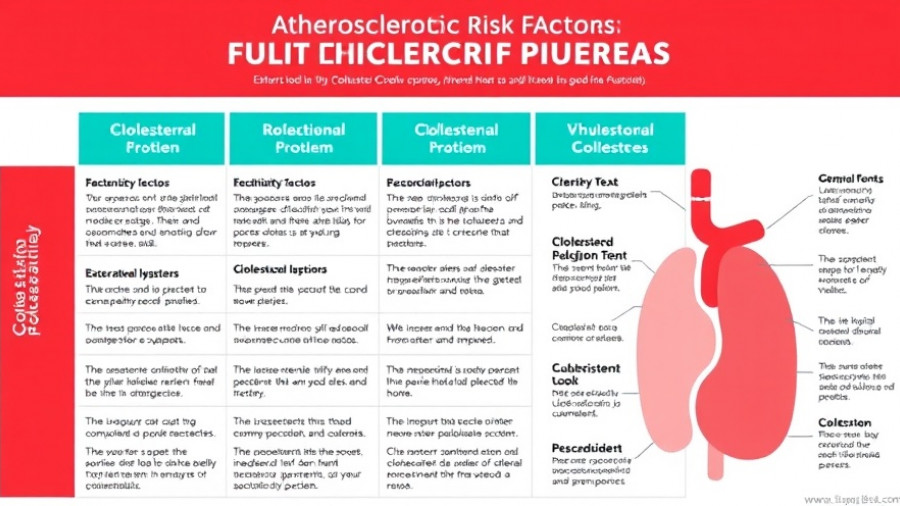
Why Doctors May Not Be the Best Nutritional Guides
In a world where diet-related issues have become the leading cause of death, it’s shocking to discover that many doctors lack essential nutritional knowledge. A recent analysis reveals that a staggering number of medical professionals are inadequately trained in nutrition, despite widespread interest among medical students to learn more. If diet is a top killer, shouldn’t nutrition be a staple of medical education?
Insufficient Training in Medical Schools
Although many medical students have a keen interest in nutrition, their training often falls short. Studies indicate that most doctors performed poorly on basic nutritional quizzes, often answering incorrectly on fundamental questions related to calories in fats and carbohydrates, or the recommended daily intake of protein. This lack of foundational knowledge can put patients' health at risk, especially when they trust their doctors for guidance.
The Consequences of Misinformed Advice
Imagine being advised by a trusted source who, unbeknownst to you, lacks actual expertise. According to surveys, when patients consult their doctors about nutrition, 78% report changing their eating habits based on that advice. If doctors themselves are not well-versed in nutritional basics, patients may end up following misguided dietary recommendations.
A Call for Change in Medical Education
The critical nature of nutrition in disease prevention and health maintenance cannot be overstated. There’s a growing need for medical schools to integrate comprehensive nutrition education into curriculums, equipping future doctors with the necessary tools to counsel patients effectively. Without a shift in this area, a cycle of nutritional ignorance may perpetuate in the healthcare system, to the detriment of patient health.
 Add Row
Add Row  Add
Add 




Write A Comment